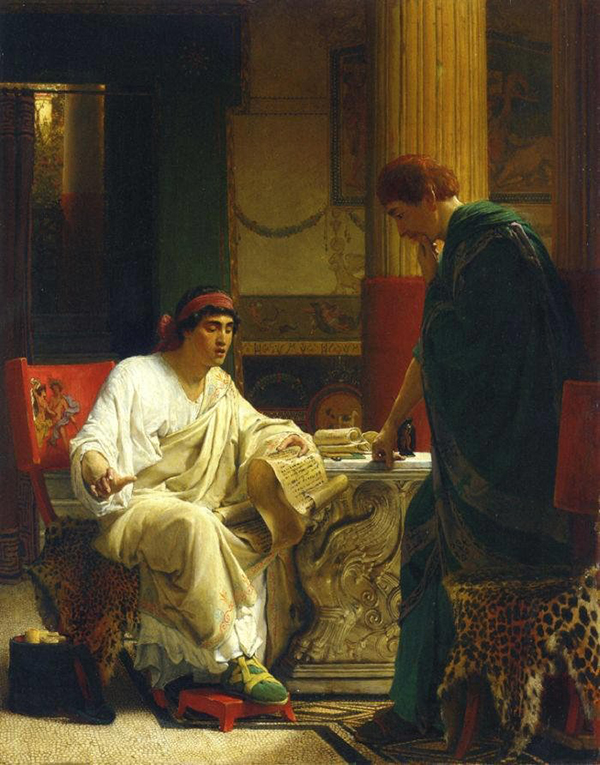The short answer is…
It is usually because you find yourself in circumstances where you are required to be party a legal document for use overseas, and the law or practice of the overseas jurisdiction will only recognise the document as valid if it is performed with the participation of a notary public who certifies your identity and authenticates the document under his or her signature and seal of office.
The notary public in England and Wales is a distinct species of legal professional, just as is a solicitor or a barrister. In England and Wales there are at the present time about 800 notaries public.
The profession and office of the notary public evolved in the days of the Roman Empire to facilitate inter provincial trade between parties in far flung provinces who had never met each other but who had a practical need for a medium of commercial trust.
Formal acts of a legal officer licensed to practise by the Emperor (and later the Pope) were credited with a quality of public trustworthiness derived from the fact that they were the work of an imperial official. The acts of the notarius enabled the making of contracts and the conduct of business and property affairs over great distances by providing a guarantee of the parties’ identity, status and capacity, because what the notarius wrote or stated could be relied upon without more as regular, lawfully done and authentic.
The Roman notarius and his trouble are “ashes under Uricon”, and in England and Wales the licence of the Pope was replaced (at the English Reformation) by the licence (or “faculty”) of the Archbishop of Canterbury. However, goods, services and people, and the property affairs of men and women, more than ever cross state borders. The practical requirement for the notarial function has persisted over the centuries, and expanded in modern times.
The modern notary is not only the internationally recognised broker of public trust between persons and authorities who are located in different nations and states, facilitating and enabling them to deal with each other with the benefit of guarantees of identity, capacity, authority and will of the parties to be bound by their contracts and deeds, but also (in common with other species of legal professionals in the European Economic Area) the modern notary is a guard and gatekeeper against fraud, duress, money laundering and terrorist financing.

Alma Tadema: Vespasian

The Badge of the Notaries Society of England and Wales.
The short answer is…
It is usually because you find yourself in circumstances where you are required to be party a legal document for use overseas, and the law or practice of the overseas jurisdiction will only recognise the document as valid if it is performed with the participation of a notary public who certifies your identity and authenticates the document under his or her signature and seal of office.
The notary public in England and Wales is a distinct species of legal professional, just as is a solicitor or a barrister. In England and Wales there are at the present time about 800 notaries public.
The profession and office of the notary public evolved in the days of the Roman Empire to facilitate inter provincial trade between parties in far flung provinces who had never met each other but who had a practical need for a medium of commercial trust.
Formal acts of a legal officer licensed to practise by the Emperor (and later the Pope) were credited with a quality of public trustworthiness derived from the fact that they were the work of an imperial official. The acts of the notarius enabled the making of contracts and the conduct of business and property affairs over great distances by providing a guarantee of the parties’ identity, status and capacity, because what the notarius wrote or stated could be relied upon without more as regular, lawfully done and authentic.
The Roman notarius and his trouble are “ashes under Uricon”, and in England and Wales the licence of the Pope was replaced (at the English Reformation) by the licence (or “faculty”) of the Archbishop of Canterbury. However, goods, services and people, and the property affairs of men and women, more than ever cross state borders. The practical requirement for the notarial function has persisted over the centuries, and expanded in modern times.
The modern notary is not only the internationally recognised broker of public trust between persons and authorities who are located in different nations and states, facilitating and enabling them to deal with each other with the benefit of guarantees of identity, capacity, authority and will of the parties to be bound by their contracts and deeds, but also (in common with other species of legal professionals in the European Economic Area) the modern notary is a guard and gatekeeper against fraud, duress, money laundering and terrorist financing.

Alma Tadema: Vespasian
